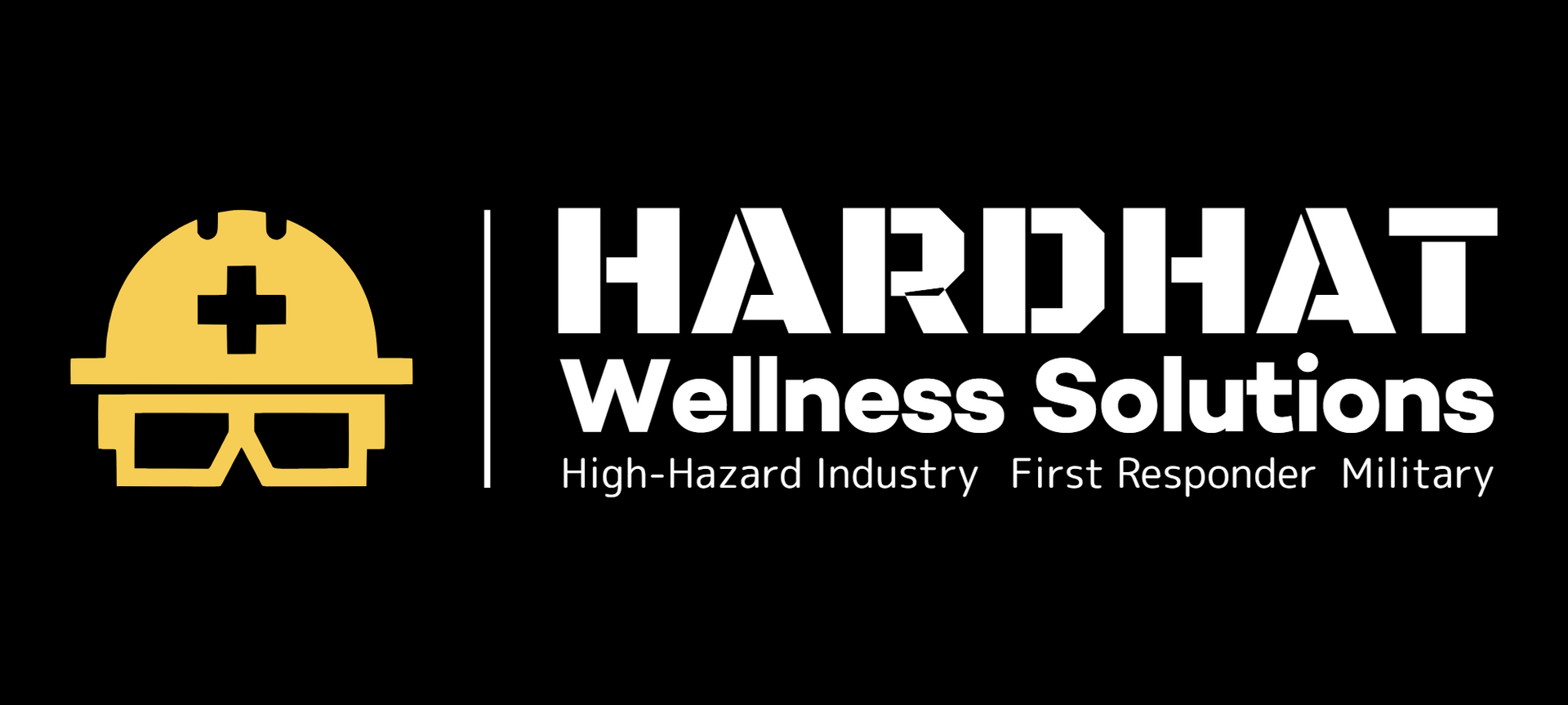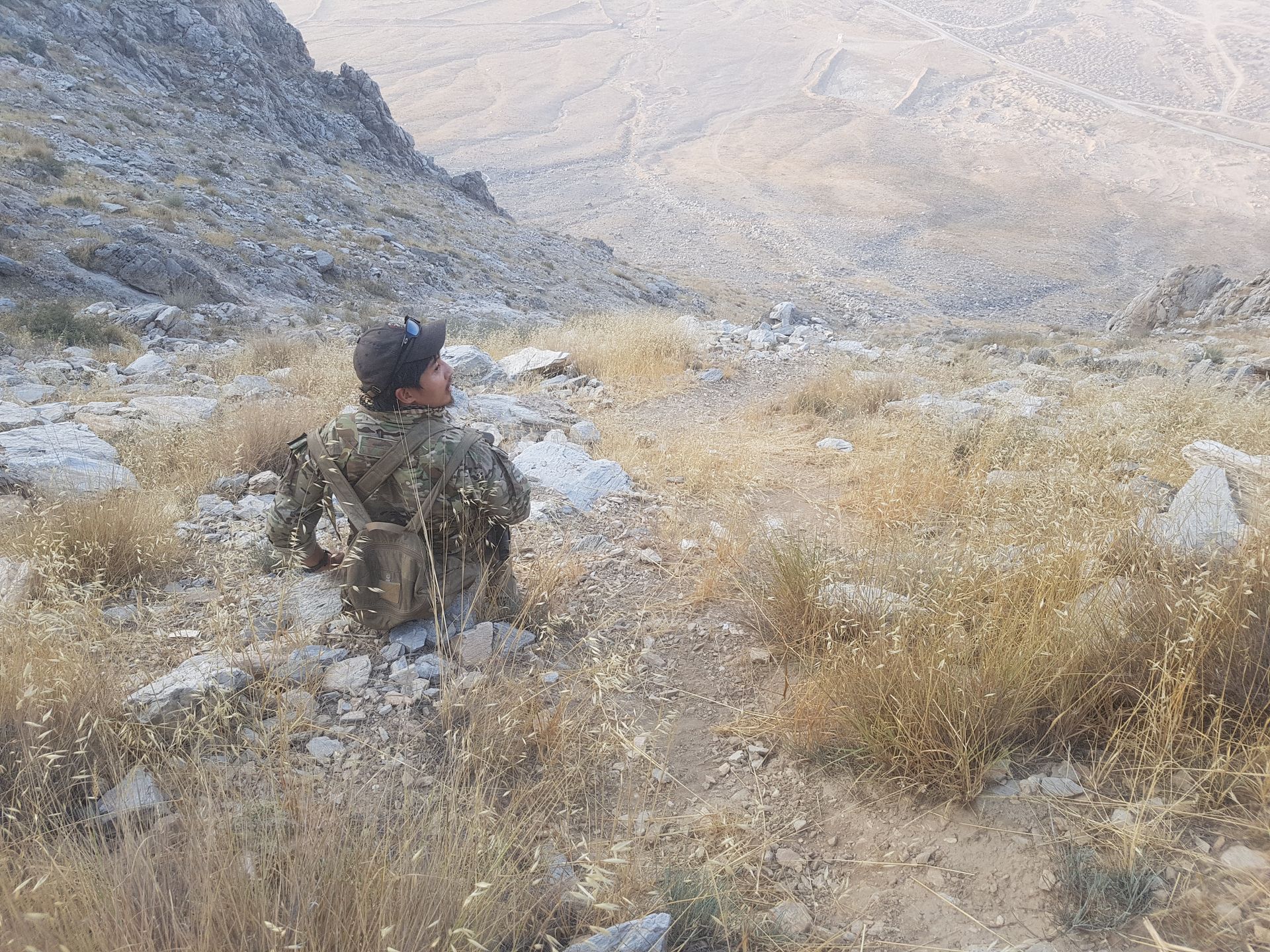The Power of Higher Education in Promoting Wellness for Servicemembers, Military Spouses, and Veterans
“Empowering Servicemembers, Military Spouses, and Veterans: The Intersection of Higher Education, Wellness, and Military Service”

In my new role as the Director of the Health Professions Center at Wright State University, I have been broadly reflecting on the work that is yet to be done. My vision for our center includes empowering our future healthcare professionals, including our Student-Airmen at adjacent Wright Patterson Air Force Base, to prioritize wellness early in their careers. After all, how much earlier in your career can you get than when you are still in your undergraduate studies? The reflection has me thinking about the roles of the military and higher education (as two distinct yet interrelated social institutions) in individual and population wellness.
The Military and Higher Education as Citizen-Building Institutions
While the primary role of the military is to defend the Nation, it also plays a significant secondary role in citizen-building. As Americans, we pay tribute to our military in our ethos and media, recognizing that military service is comprised of the best of our citizens. This recognition is not just about their bravery or their commitment to service, but also about their character, their values, and their potential to contribute to society.
Education plays a crucial role in this context. If we believe that our military is comprised of the best of our citizens, then it follows that we should invest in their education, to equip them with the knowledge and skills they need to fulfill their potential. Education can help servicemembers to think critically, to solve complex problems, and to adapt to changing circumstances. It can also help them to understand the broader social, political, and economic context in which they operate, enabling them to make more informed decisions and to contribute more effectively to their missions.
Moreover, education can play a key role in the transition from military to civilian life. It can provide servicemembers with the qualifications they need to pursue civilian careers, and it can help them to adapt to civilian culture and society. This is particularly important given the unique challenges that servicemembers often face in their transition to civilian life.
Continued support for higher education opportunities for servicemembers, military spouses, and veterans is therefore not just a matter of personal development, but also a matter of national interest. By investing in their education, we are investing in our future leaders, our future workforce, and our future citizens. We are helping to build a society that is not only strong and secure, but also educated, innovative, and resilient. Higher education is not just a pathway to personal growth and wellness, but also a crucial tool for citizen-building. As we continue to support and expand higher education opportunities for our servicemembers, we are not only enhancing their personal and professional development, but also contributing to the mission of building our Nation’s citizenry.
The Importance of Higher Education
In the pursuit of personal growth and development, one cannot underestimate the transformative power of higher education. It’s not just about the acquisition of knowledge, but also about the journey of self-discovery and personal wellness. This journey involves developing critical thinking skills, broadening perspectives, and fostering a lifelong love for learning. For our servicemembers, this journey is even more critical. The unique challenges and experiences they face in their service roles require not only physical strength but also mental agility, adaptability, and resilience, all of which can be enhanced through higher education.
In the face of budget cuts, it is essential to retain and even expand tuition assistance, credentialing assistance programs, and the GI Bill. These programs provide servicemembers with invaluable opportunities to pursue higher education before, during and after their military service period, thereby enhancing their personal and professional development. They offer financial support that makes higher education accessible to many servicemembers who might not otherwise be able to afford it. They also provide flexibility and convenience, allowing servicemembers to balance their studies with their service commitments.
The return on investment (ROI) to the military and the country by a more educated and critical thinking force is substantial. An educated force is a more effective force. Servicemembers who have benefited from higher education bring a wide range of skills and knowledge to their roles, enabling them to perform their duties more efficiently and effectively. They are better equipped to make informed decisions, solve complex problems, and adapt to changing circumstances. This can lead to improved operational outcomes and a stronger, more capable military.
Moreover, the benefits extend beyond the military. Servicemembers who pursue higher education are likely to continue contributing to society in significant ways after they complete their service. They bring their skills and experiences into the civilian workforce, filling critical roles in various sectors and driving economic growth. They also serve as role models, inspiring others to value education and strive for personal growth.
The Role of Curiosity and Passion in Wellness
Higher education is a journey that can fill the void of curiosity. It’s a platform where questions are encouraged, and the quest for answers becomes a daily routine. This process of inquiry and learning can lead to a sense of fulfillment and satisfaction that is hard to match. For our servicemembers, this curiosity can lead to new skills and knowledge that can be invaluable in their service roles. However, it’s important to acknowledge that the military culture, for better or for worse, does not always encourage the process of inquiry. It is directive in nature because it is the military. But in the realm of higher education, servicemembers have the opportunity to explore, question, and discover in a way that may not be possible within the confines of their service roles.
Curiosity is the driving force behind innovation. It pushes us to question the status quo, explore new ideas, and seek out better ways of doing things. In an organizational context, fostering a culture of curiosity can lead to increased innovation, as employees are encouraged to think creatively, challenge existing processes, and come up with new solutions. This can result in improved products, services, and processes, which can give an organization a competitive edge in the market. Furthermore, a culture of curiosity can lead to a more engaged and motivated workforce, as employees feel valued and empowered to contribute their ideas and perspectives. This can lead to higher job satisfaction, improved performance, and lower turnover rates.
Beyond that, higher education can also be a gateway to discovering or connecting with our passions. Sometimes, we may have an inkling of what we love but haven’t had the chance to explore it fully. Other times, we may stumble upon a new interest that we had never considered before. Higher education provides the environment and resources to delve into these areas, fostering a connection that can lead to a lifetime of passion and purpose. For our servicemembers, this connection can lead to a deeper understanding of their roles and a stronger commitment to their service.
Higher Education and Wellness
A significant aspect of higher education is its potential to improve mental health. Research has shown that university students who have a greater sense of wellbeing and belonging tend to have higher motivation, increased self-confidence, higher levels of engagement and achievement. Furthermore, HEFCE’s analysis of the wellbeing of graduates finds that graduates are, on average, happier over their lifetime than non-graduates. Their sense of wellbeing is more resilient in the face of difficult circumstances such as divorce, unemployment, and ill-health.
Higher education plays a significant role in promoting mental health. It provides a structured environment that encourages routine, discipline, and goal-oriented behavior, all of which are beneficial for mental health. It also offers opportunities for social interaction and community engagement, which can help to alleviate feelings of isolation and loneliness.
For servicemembers and veterans, these benefits can be particularly impactful. The transition from military to civilian life can be challenging, and higher education can provide a supportive and structured environment during this transition. It can also provide opportunities for servicemembers and veterans to develop new skills and knowledge, which can be invaluable in their service roles and in their transition to civilian careers.
Moreover, higher education institutions are increasingly recognizing the importance of mental health and are implementing a wide range of policies and programs aimed at preventing mental health problems and improving the well-being of all students. These include approaches such as group therapy, peer counseling, and telehealth, as well as training for faculty and staff to spot and support students in distress.
On an individual level, these mental health benefits can lead to improved self-esteem, increased resilience, and better coping skills. They can also lead to improved academic performance and career prospects. On a population level, the mental health benefits of higher education can lead to a healthier and more productive workforce. This is particularly important for servicemembers and veterans, who often face unique challenges related to their service. By improving mental health, higher education can help to mitigate these challenges and support servicemembers and veterans in leading fulfilling and productive lives.
Summary and Conclusion
The transformative power of higher education is undeniable. It’s not just about knowledge acquisition, but also about self-discovery and personal wellness. For our servicemembers, this journey is even more critical.
Higher education complements military training, fostering a culture of inquiry and critical thinking that is often overlooked in the directive nature of military culture. It equips servicemembers with intellectual tools to navigate the complexities of the modern world, opening up new horizons for them to explore diverse fields of knowledge, discover their passions, and connect with a broader community of learners. Moreover, higher education plays a significant role in promoting mental health and personal wellness. It provides a supportive and structured environment that helps servicemembers and veterans manage the unique challenges they face, particularly during the transition from military to civilian life.
In the face of budget cuts, it is essential to retain and even expand tuition assistance, credentialing assistance programs, and the GI Bill. These programs not only make higher education accessible to many servicemembers who might not otherwise be able to afford it, but they also represent an investment in our future.
The long-term impact of this investment is substantial. An educated force is a more effective force. Servicemembers who have benefited from higher education bring a wide range of skills and knowledge to their roles, enabling them to perform their duties more efficiently and effectively. They are better equipped to make informed decisions, solve complex problems, and adapt to changing circumstances. This can lead to improved operational outcomes and a stronger, more capable military.
Furthermore, the benefits extend beyond the military. Servicemembers who pursue higher education are likely to continue contributing to society in significant ways after they complete their service. They bring their skills and experiences into the civilian workforce, filling critical roles in various sectors and driving economic growth. They also serve as role models, inspiring others to value education and strive for personal growth.
Higher education promotes wellness by nurturing our intellectual curiosity, connecting us to our passions, and enhancing our mental health. For our servicemembers and veterans, this journey can be a beacon of hope and a source of strength. As we continue to support and expand higher education opportunities for our servicemembers, we are not only enhancing their personal and professional development, but also contributing to the mission of citizen building.
Because in the end, building our nation’s citizenry is a task that belongs to all of us. ~
Be well,
jon ^_^



